Litopia Writers’ Reading List 2024

Peter Cox, founder of Litopia
I asked our members a simple question.
Which books have had the most profound impact on your development as a writer?
Here’s what they told me. A glorious cornucopia of more than forty definitive titles that ought to be on your reading list.
And note: if you buy them all (why not?) it will still be cheaper than taking one average-priced commercial writing course.
We’ve all enjoyed putting this list together, and we hope you get as much out of it as we have.
Peter Cox
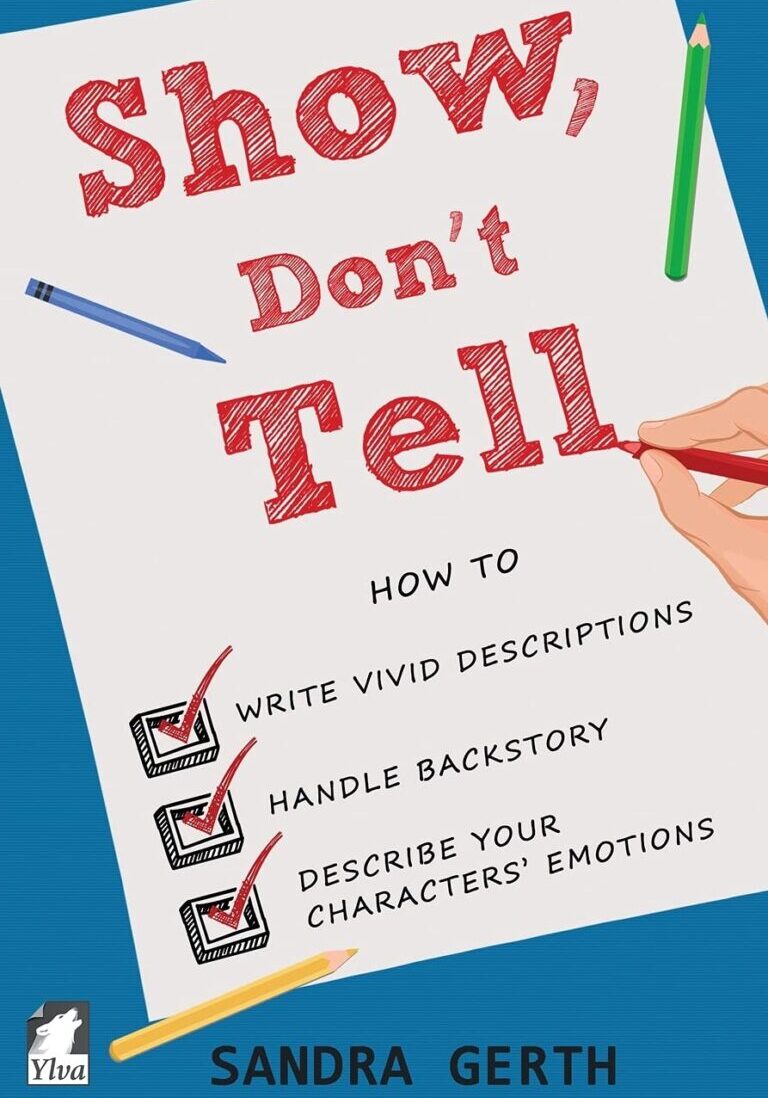
Show Don’T Tell by Sandra Gerth
Our Summary
Defines and illustrates the strategy. Explains the importance, art and limit of showing; also lists the uses of telling. Offers exercises and proposes solutions for some of them.
What I learned From It
I learned that 'telling' comes naturally to me but 'showing' much less so. This book is one I return to time and time again while I'm revising what I've written.
Jeanette
[maxbutton id="1" url="https://amzn.to/3sEIUzh" ]
[maxbutton id="2" url="https://amzn.to/3sO8Fgp" ]
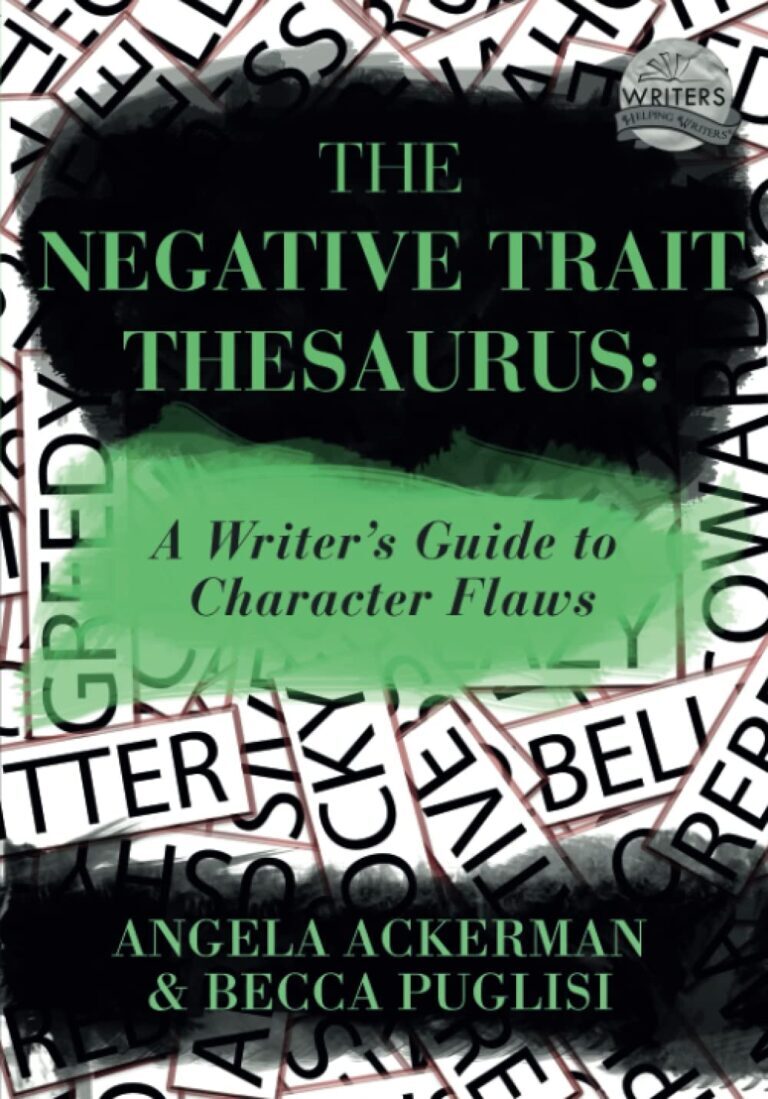
The Negative Trait Thesaurus by Angela Ackerman And Becca Puglisi
Our Summary
Lists character traits to help you generate different types of characters and how these traits might manifest. Useful in conjunction with The Positive Trait Thesaurus.
What I learned From It
Helped me to write characters with more depth and think of a wider range of character types for my books.
Claire G
[maxbutton id="1" url="https://amzn.to/40TfObY" ]
[maxbutton id="2" url="https://amzn.to/3sLiNGQ" ]
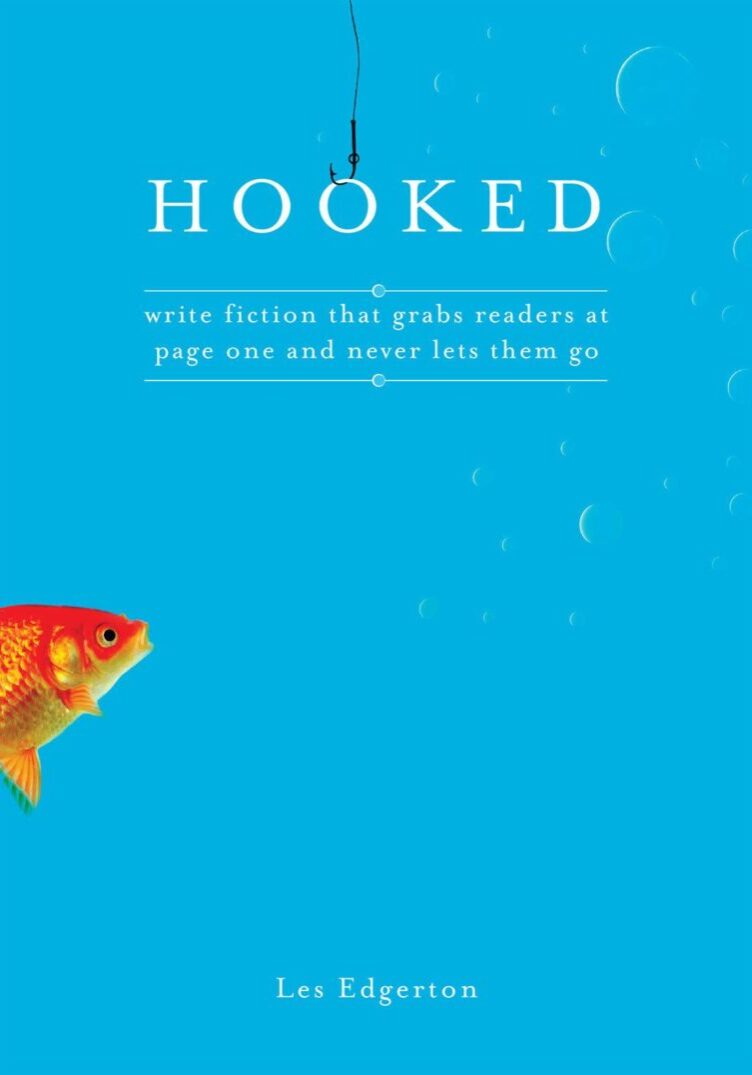
Hooked by Les Edgerton
Our Summary
The focus is on great openings and keeping the reader hooked including advice on this from agents and acquiring editors.
What I learned From It
Lots about inciting incidents; balancing backstory in the set up; keeping readers going from one chapter to the next.
Trey
[maxbutton id="1" url="https://amzn.to/3N0OH95" ]
[maxbutton id="2" url="https://amzn.to/3MXZgJY" ]
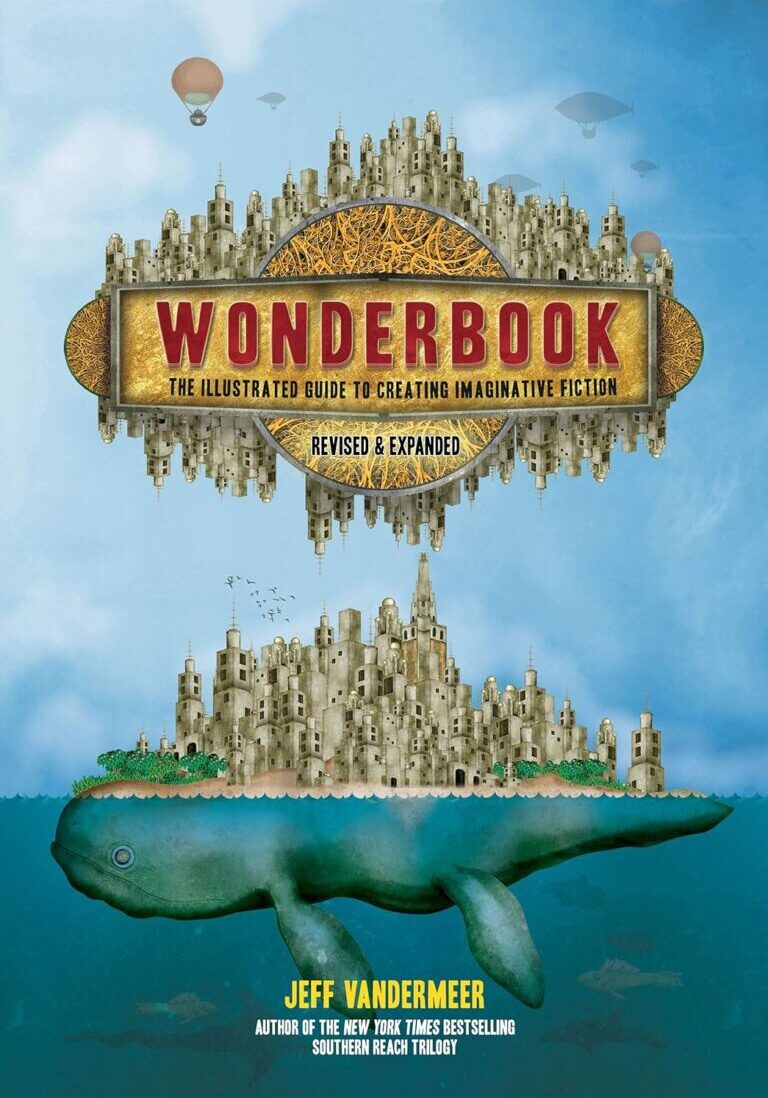
Wonderbook (The Illistrated Guide To Creating Imaginative Fiction) by Jeff Vandermeer
Our Summary
For genre lovers. Practical information on plotting, structure, characterization, dialogue, exposition, worldbuilding, and POV while packed with exquisite and imaginative visuals. This is a beautiful, wild, and crazy book with contributions from various well loved authors like Neil Gaiman, Ursula K. Le Guin, George R. R. Martin and others. Dense and rich and wonderful.
What I learned From It
It encouraged me to not just embrace my imagination, but to push it as far as it will possibly go.
LJ Beck
[maxbutton id="1" url="https://amzn.to/46vjh1z" ]
[maxbutton id="2" url="https://amzn.to/3RbbhOH" ]
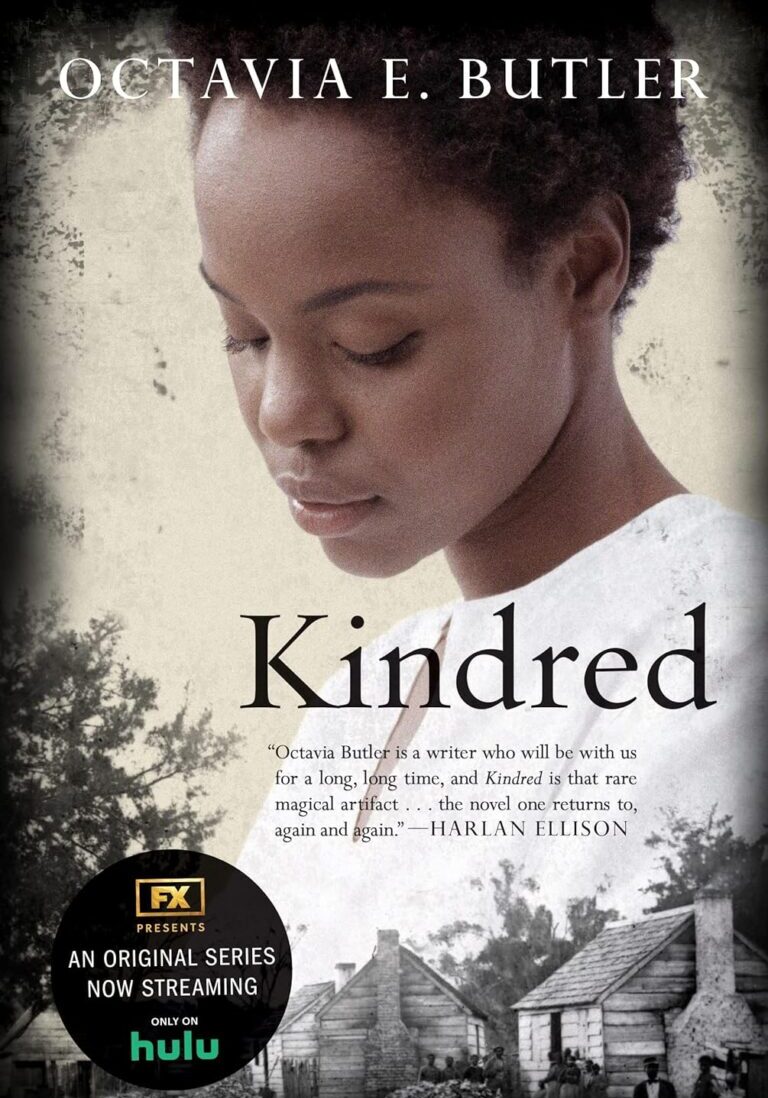
Kindred by Octavia Butler
Our Summary
Despite being written 45 years ago, it feels like a modern work. It’s at once Sci-Fi, Fantasy, Speculative, and even Literary. Everything a writer needs to know about sparse and impactful prose can be found in these pages.
What I Learned From It
Pithy writing has power. Take a look at the first paragraph…
“I lost an arm on my last trip home. My left arm.”
We don’t know why Dana lost her left arm - or where she was when it happened. However, most of us would keep on reading to find out.
The minimalist approach doesn’t end with the hook. Throughout the novel, the writing is direct and matter-of-fact. There’s no purple prose to distract the reader.
Butler's worldbuilding is likewise utilitarian. She sets the stage with everything we need to know, and little else. If something more is needed to move a scene forward, she’ll drop it in later so readers aren't overwhelmed.
There is brutality in this world, and Kindred doesn’t shy away from it. Slavery in the US was a cruel business. Still, she conveys the humiliation and suffering of human bondage with an economy of words. There’s no need for intricate detail.
There’s also no need to explain why slavery is wrong. Butler trusts her readers enough not to lecture them.
The author falls into a common conceit of the era - chapter titles. However, she doesn’t abuse that conceit. Each title is short and to the point with neither wit nor irony. There are no spoilers, either. The meanings are clear upon finishing a respective chapter.
Kindred has both a prologue and an epilogue. Few books need one, and even fewer need both. However, this story demands both. There is nothing extraneous about their inclusion here. Unlike many novels, neither feels bolted on to the main narrative. The prologue hooks the reader while the epilogue provides the necessary denouement.
Not everyone agrees Kindred is Science Fiction. If it’s not, there's a lot here for Sci-Fi readers (including myself) to like. If it is Science Fiction, the characters and dialogue are much more realistic than most contemporary works.
Most importantly - this book remains relevant to readers and authors alike.
Bloo✒️
[maxbutton id="1" url="https://amzn.to/3sNpDvv" ]
[maxbutton id="2" url="https://amzn.to/3MY4VQc" ]
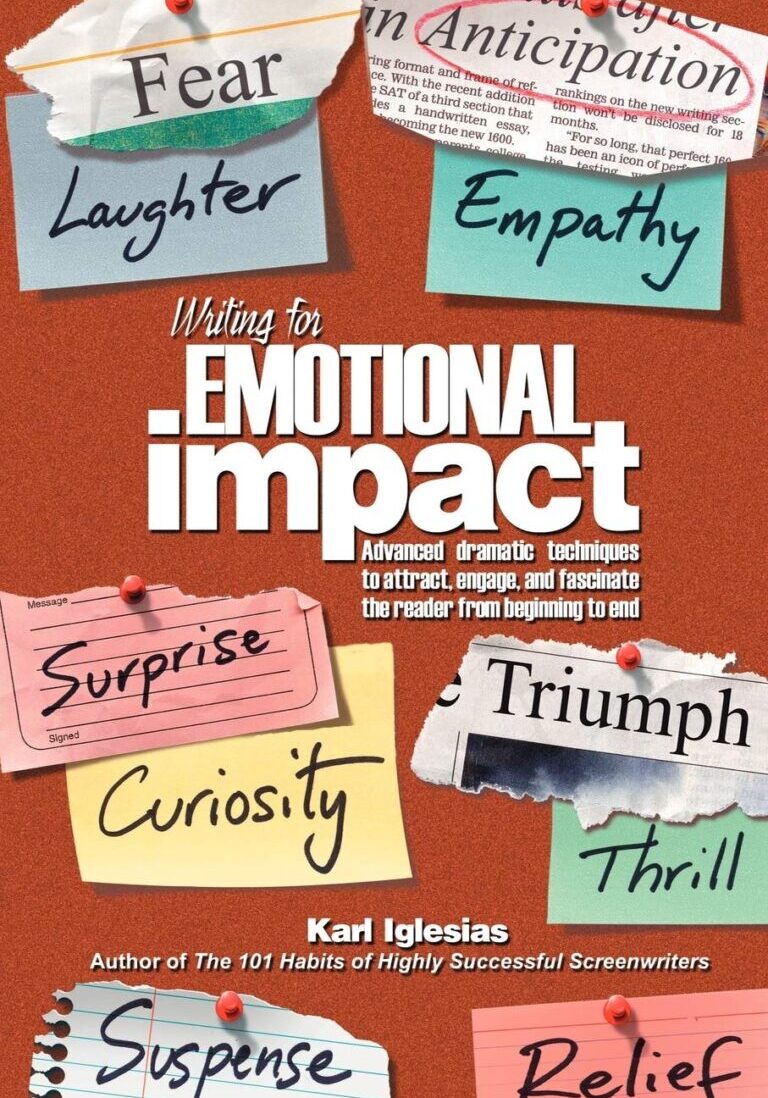
Writing for Emotional Impact by Karl Iglesias
Our Summary
It delves into the psychology of the reader and techniques to create emotional scenes within your storytelling, including in dialogue.
What I Learned From It
This author's way of teaching the craft really chimes with me. It's quite an expensive book but worth it in my opinion. For me, this book takes me into a layer above plot and structure.
Hannah F
[maxbutton id="1" url="https://amzn.to/47N7jRN" ]
[maxbutton id="2" url="https://amzn.to/49QTT9e" ]
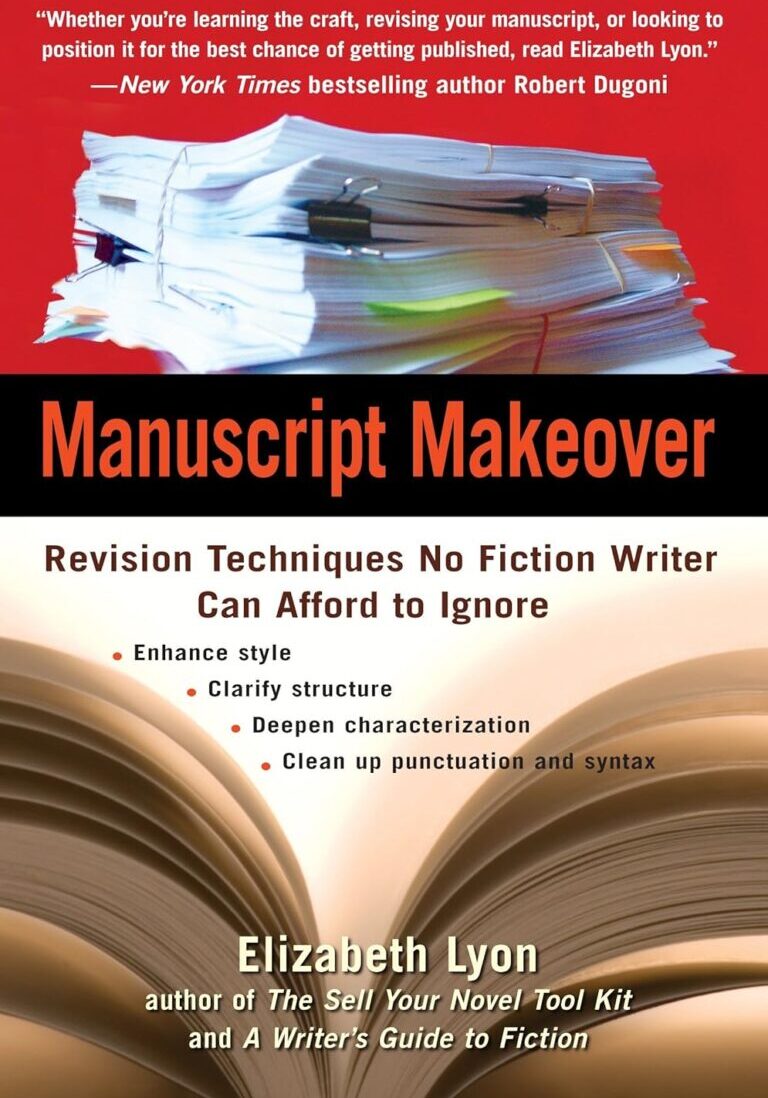
Manuscript Makeover: Revision Techniques No Fiction Writer Can Afford to Ignore by Elizabeth Lyon
Our Summary
Presents in a highly readable, organized way all of the elements of a novel, from the significance of genre and common to lesser-known structures to all the aspects of a writers' craft. Briefly and with amazing clarity, describes potential problems which might arise from each, then follows with suggestions for how to "fix" them. Chapters are organized around particular craft elements and issues, so readers can choose which parts of the book to focus on relative to their personal writing needs. Review checklists of problems and their solutions are included at the end of each chapter.
What I Learned From It
I have now read easily a dozen books on how to write a novel, plus several on revision, and while I've taken away something of value from each, not one of them has given me the breadth of awareness and practical understanding of craft elements, from A to Z and beyond, that this jam-packed, wisely conceived and clearly presented book has given me. It's not prescriptive, nor does it follow the latest trends in fiction writing. Ms Lyons doesn't think she has 'the' answer or make suggestions that make a writer feel like a square peg being forced into a round hole, but rather shows writers how to consider each issue in light of their own writing style, voice and vision for their novel. Check out the Amazon reviews; I'm not the only one who loves this book. It's a keeper! And one to be used over and over.
CarolMS
[maxbutton id="1" url="https://amzn.to/3SYVT9x" ]
[maxbutton id="2" url="https://amzn.to/3MZVwrv" ]
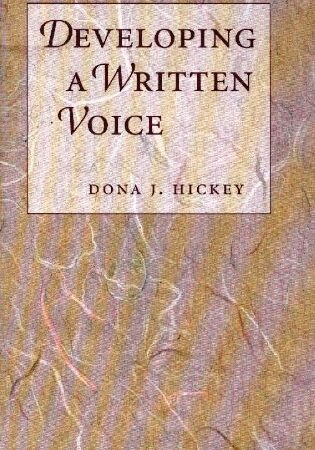
Developing A Written Voice by Dona J Hickey
Our Summary
This dense work focuses on a directed attitude towards developing Voice. From conversational to formal, snarky to respectful, it's all about word choice and the way that language will both sound and convey meaning. The same words with the same meaning can nevertheless be ordered in different ways with a difference in the way they are perceived, the it is this that comprises 'voice'. Replete with concrete examples and pertinent exercises, this book is hard to find but well worth the search.
What I learned From It
All writers have a voice, but not all work at developing it - or even possess a framework for it. This book provides a framework and it's a book I will continue working through for years to come.
Dan Payne
[maxbutton id="1" url="https://amzn.to/3GwJS3X" ]
[maxbutton id="2" url="https://amzn.to/3MWcxmr" ]
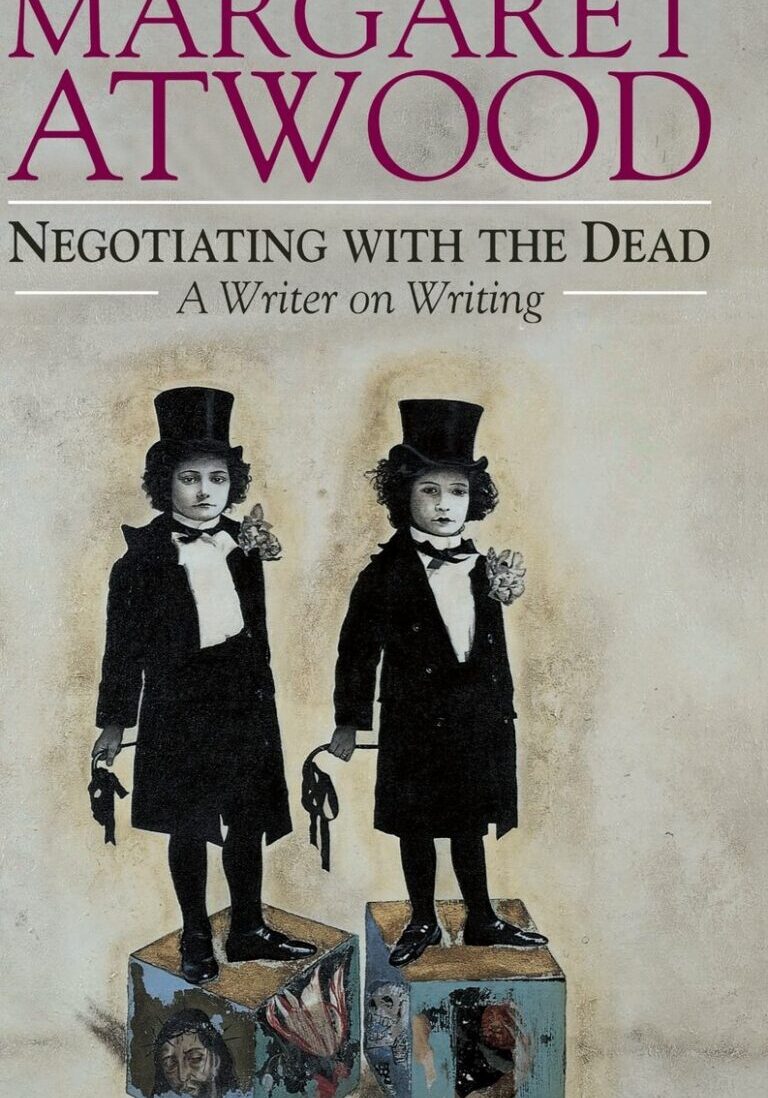
Negotiating With The Dead by Margaret Atwood
Our Summary
A collection of essays by a renowned writer on aspects of writing theory and how she became a writer. Entertaining and informative especially if you are already an Atwood fan.
What I learned From It
This isn't a 'how to write' book - it is about 'writing' in a far more general sense. It gave me plenty of food for thought.
Liz Brown
[maxbutton id="1" url="https://amzn.to/3uuCzXL" ]
[maxbutton id="2" url="https://amzn.to/47p1R7T" ]
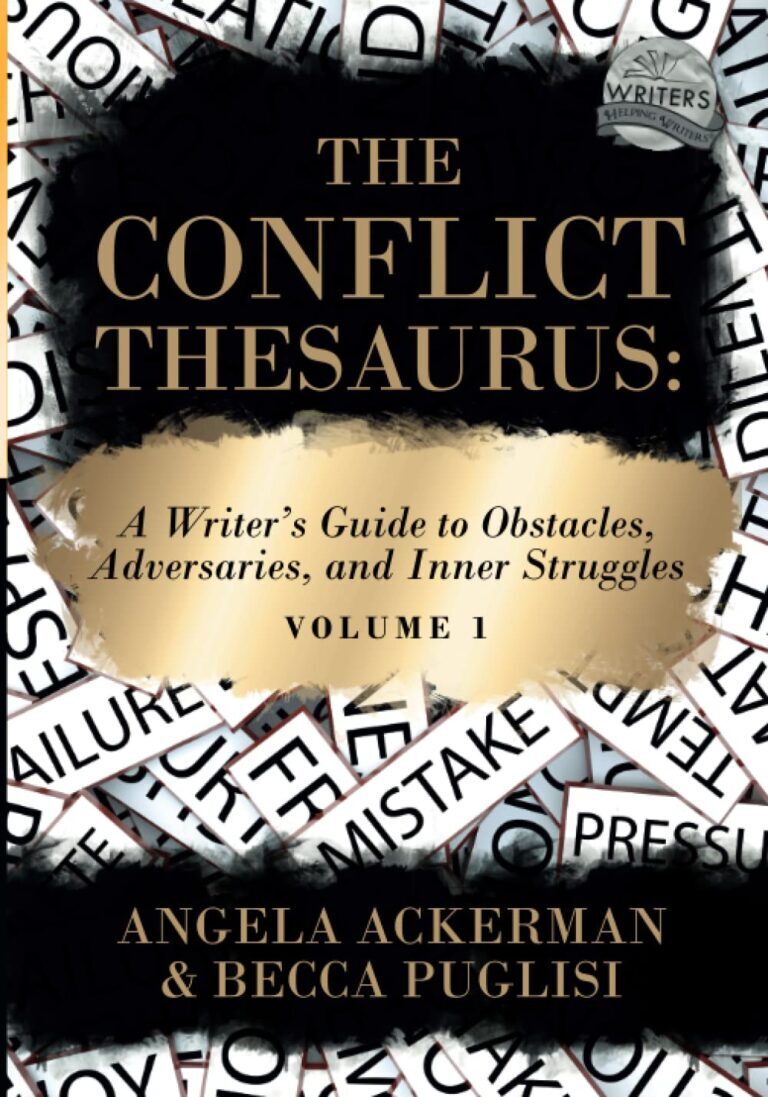
The Conflict Thesaurus by Angela Ackerman And Becca Puglisi
Our Summary
A breakdown of types of conflicts for your story and potential fall-outs for characters. Useful for sparking your imagination early in the creative process or if you feel that the stakes aren't high enough when you're writing.
What I learned From It
It opened my mind to different ideas and consequences.
Claire G
[maxbutton id="1" url="https://amzn.to/47s2xtj" ]
[maxbutton id="2" url="https://amzn.to/3R88jKV" ]
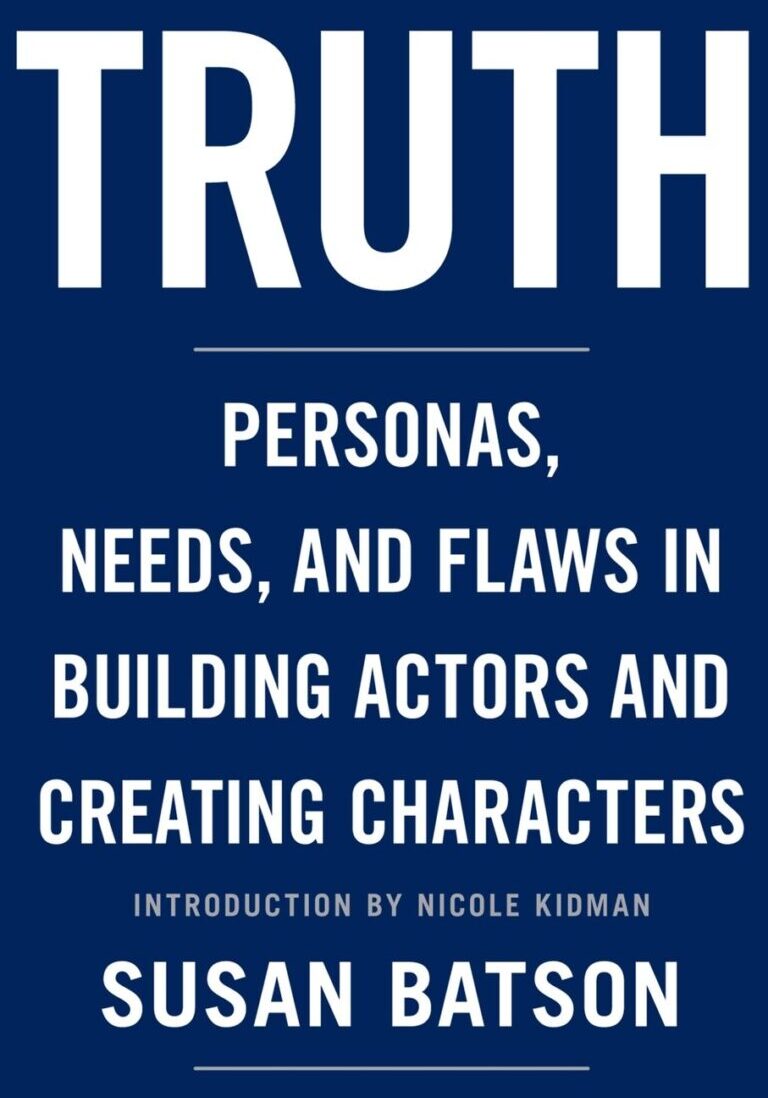
Truth by Susan Batson
Our Summary
Public personas, needs, and tragic flaws - A step-by-step guide for creating truth in a character from an acting perspective.
What I learned From It
This one's a little off the beaten path... I was fascinated with method acting, and wanted to bring that to my writing. How to embody and write the truth of a character. This is one of the books I learned a lot from in that regard.
LJ Beck
[maxbutton id="1" url="https://amzn.to/3GdieIY" ]
[maxbutton id="2" url="https://amzn.to/49PPZgR" ]
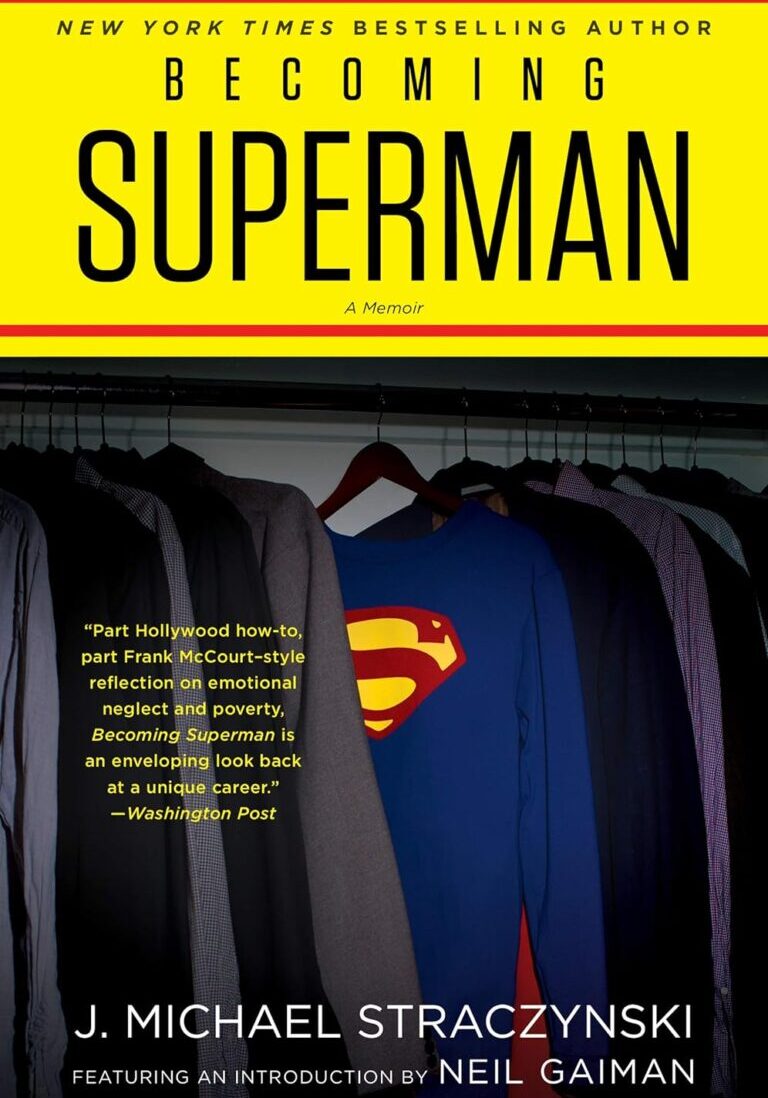
Becoming Superman by J Michael Straczynski
Our Summary
An astonishing bio of an accomplished (mainly) screenwriter.
What I learned From It
Never to feel sorry for myself. To keep doing it and never give up. To learn, learn, learn. A fantastic psychology of writing book that every writer serious about making it would benefit from imo.
Trey
[maxbutton id="1" url="https://amzn.to/3uuYjCN" ]
[maxbutton id="2" url="https://amzn.to/3Gd7Lx2" ]
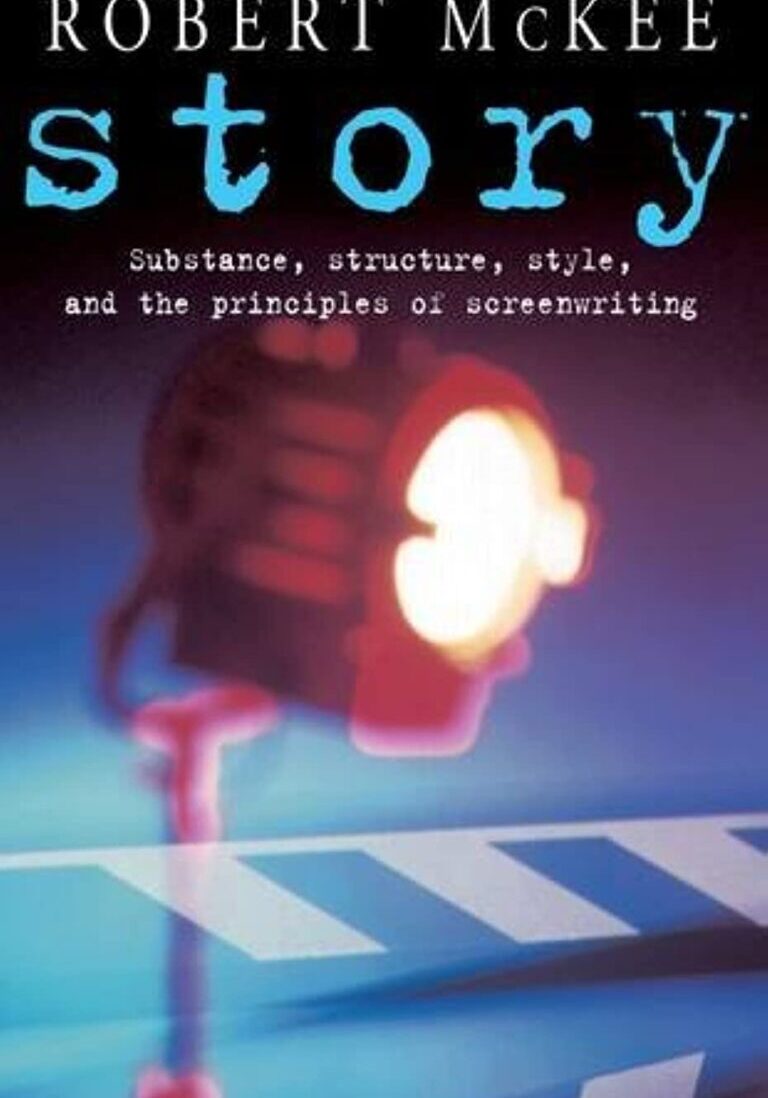
Story – Substance, Structure, Style And The Principles Of Screenwriting by Robert Mckee
Our Summary
An oft-quoted reference for screenwriting, this book delves deep into story as a metaphor for life. McKee's analysis of film structure is hugely insightful for novelists. He explores genre, character, theme and exposition in terms that are clear and thought-provoking. Beyond a 'how to' guide, this is a reference book that deserves its place on a writer's shelf.
What I learned From It
The art of story is universal. The same set of skills a writer uses to bring a story to the screen also strengthen our craft in writing fiction and other narratives.
Mel L
[maxbutton id="1" url="https://amzn.to/3STyrKY" ]
[maxbutton id="2" url="https://amzn.to/3sLT014" ]
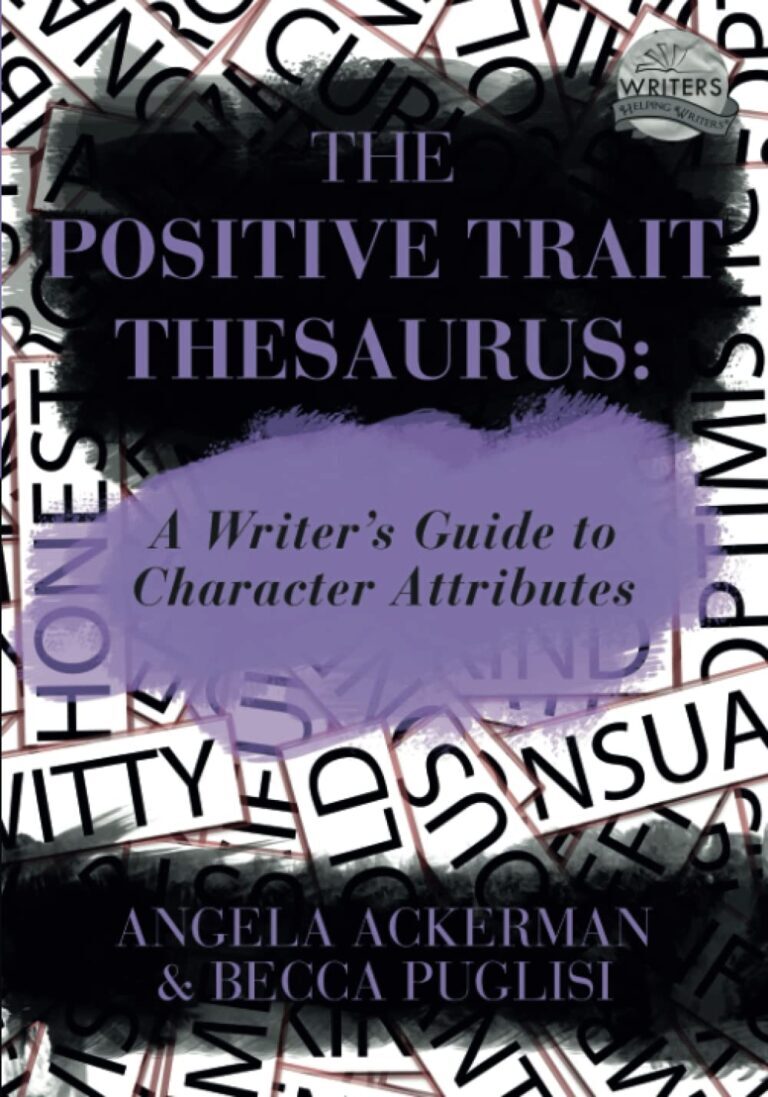
The Positive Trait Thesaurus by Angela Ackerman And Becca Puglisi
Our Summary
Lists character traits to help you generate different types of characters and how these traits might manifest. Useful in conjunction with The Negative Trait Thesaurus by the same authors.
What I learned From It
Helped me to write characters with more depth and think of a wider range of character types for my books.
Claire G
[maxbutton id="1" url="https://amzn.to/46vt085" ]
[maxbutton id="2" url="https://amzn.to/3sLx3iK" ]
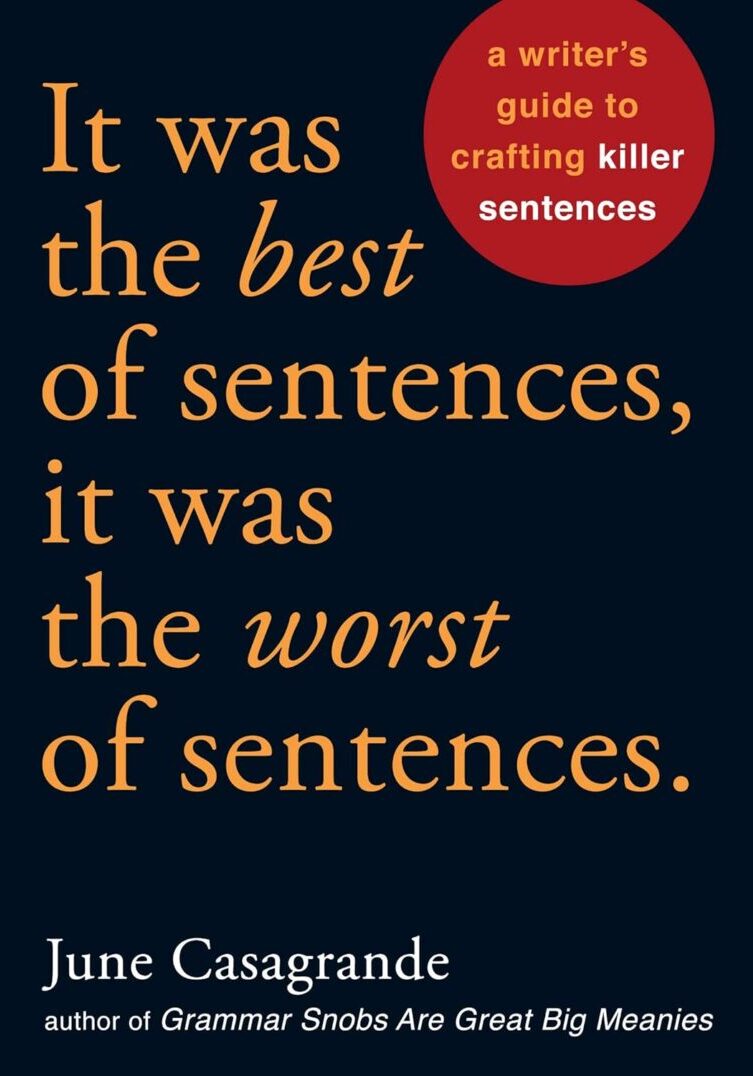
It Was The Best Of Sentences, It Was The Worst Of Sentences by June Casagrande
Our Summary
Gets into the line level of sentences and what order you need to put words so you can help a reader follow what you put down on paper (or computer). From phrases, clauses, subordination, long v short sentences tense, tense, prepositional phrases, danglers and much more. Perfect for reacquainting yourself with the nuts and bolts of grammar.
What I learned From It
I learnt how to consider what order words need to be in, and how writing them out of order confuses the reader. Now every sentence I construct considers the reader first.
RK Wallis
[maxbutton id="1" url="https://amzn.to/3Rcg02K" ]
[maxbutton id="2" url="https://amzn.to/3GaoP6S" ]
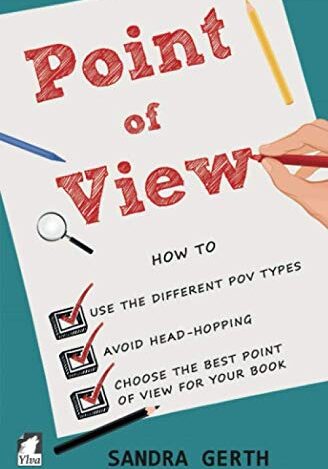
Point Of View by Sandra Gerth
Our Summary
A clear, informative guide to the different types of POV with tips on choosing the best POV for your own manuscript. Offers exercises focused either on your work in progress or on a published book.
What I learned From It
I saw how to mix some POV, how and why to avoid head-hopping and picked up tips on internal monologue.
Jeanette
[maxbutton id="1" url="https://amzn.to/3GcXzol" ]
[maxbutton id="2" url="https://amzn.to/3sMdJSx" ]
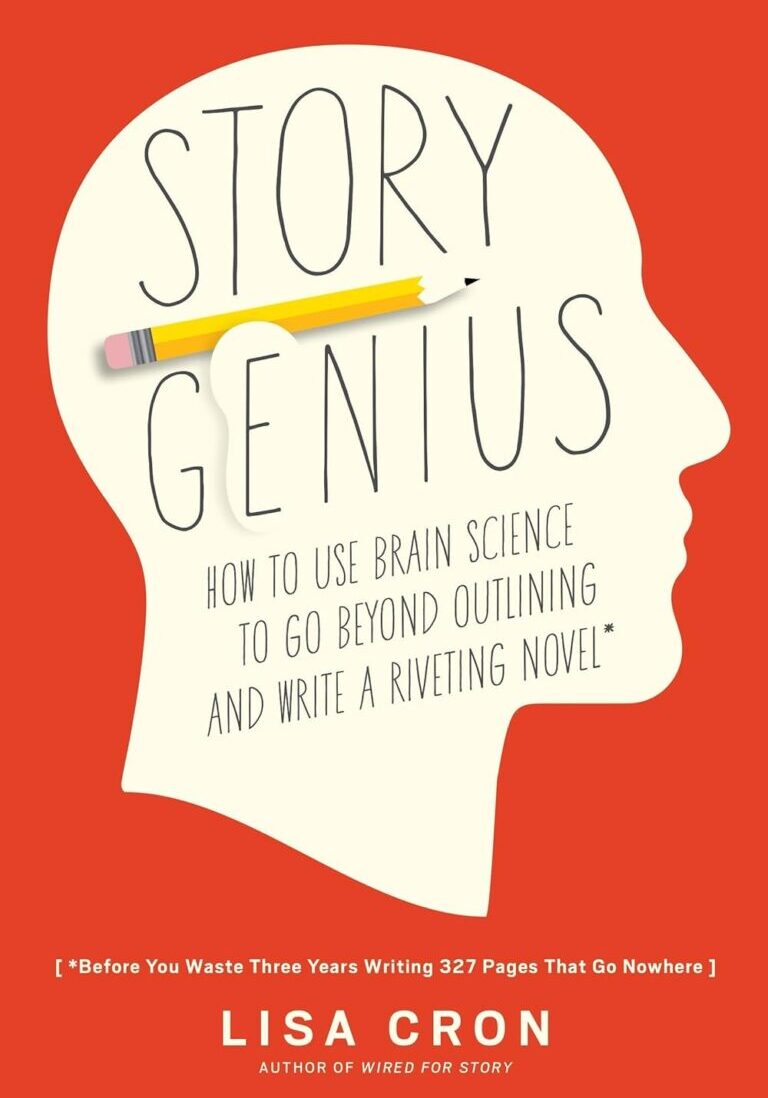
Story Genius by Lisa Cron
Our Summary
It’s every novelist’s greatest fear: pouring their blood, sweat, and tears into writing hundreds of pages only to realize that their story has no sense of urgency, no internal logic, and so is a page one rewrite.
What I learned From It
The prevailing wisdom in the writing community is that there are just two ways around this problem: pantsing (winging it) and plotting (focusing on the external plot). Story coach Lisa Cron has spent her career discovering why these methods don’t work and coming up with a powerful alternative, based on the science behind what our brains are wired to crave in every story we read (and it’s not what you think).
AnnieSummerlee
[maxbutton id="1" url="https://amzn.to/40SCokV" ]
[maxbutton id="2" url="https://amzn.to/3Rm3AFP" ]
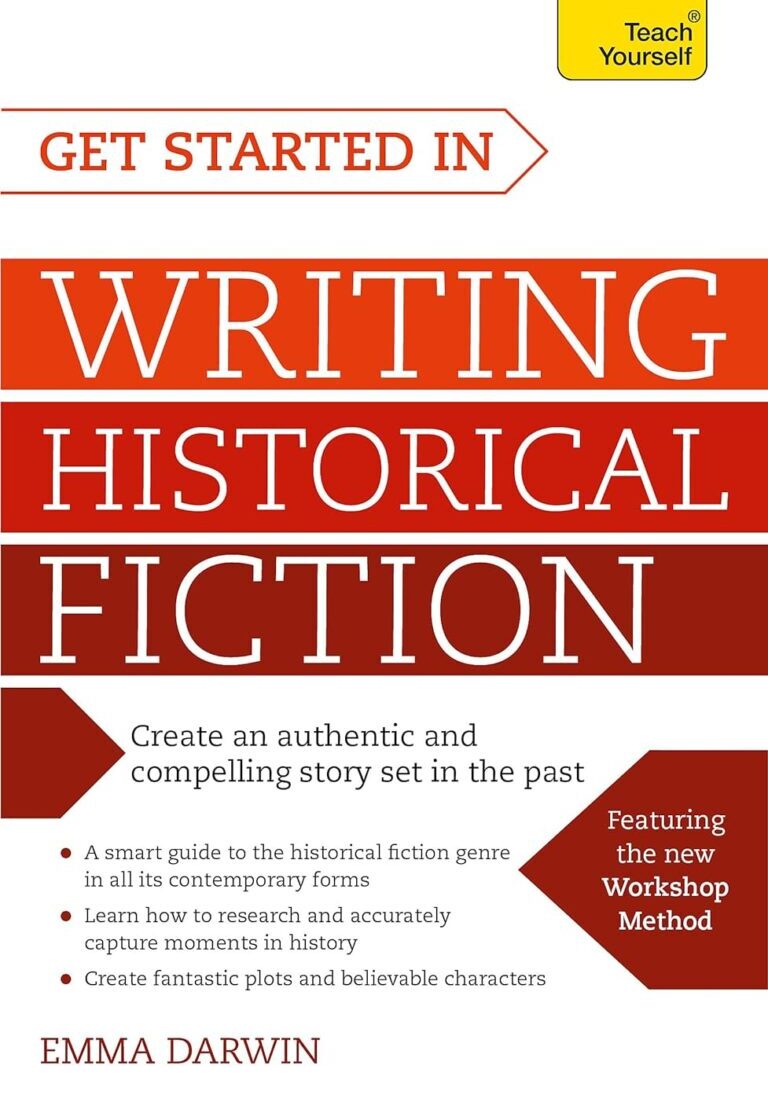
Writing Historical Fiction by Emma Darwin
Our Summary
A beginners' guide to writing historical fiction which draws on the material in her coaching sessions and lectures: characters, plot structure, research, using your senses to recreate the past and psychic distance. There are plenty of examples and exercises.
What I learned From It
I still dip into this book if I'm stuck in my writing or need some inspiration. It's practical rather than theoretical which works for me.
Liz Brown
[maxbutton id="1" url="https://amzn.to/3STBvqs" ]
[maxbutton id="2" url="https://amzn.to/46unu5N" ]
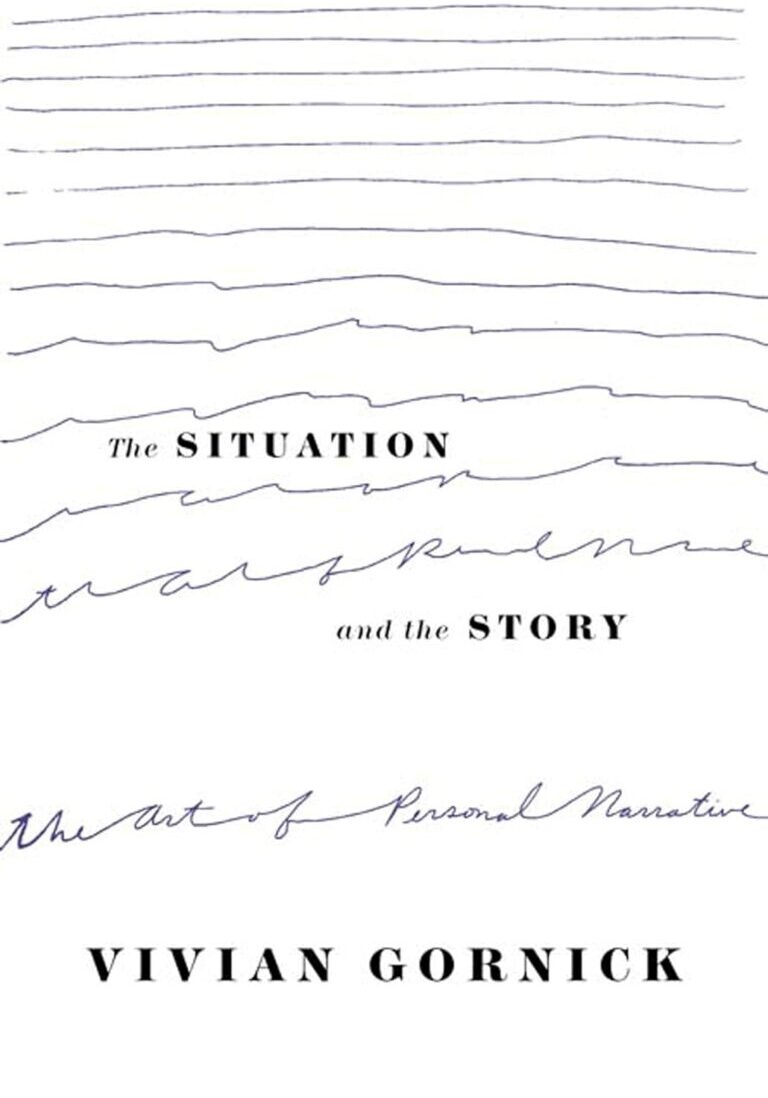
The Situation And The Story – The Art Of Personal Narrative by Vivian Gornick
Our Summary
Every work of literature has both a situation and a story, and modern memoir is all about the self that we become through life experience. She deftly illustrates this rather lofty theory with specific examples of how personal narrative is memorably crafted by different writers.
What I learned From It
Memoir is not about you or your life. It is about finding the truth and making sense of life experience to deliver a story that will resonate with readers. A hugely helpful read for anyone planning a memoir.
Mel L
[maxbutton id="2" url="https://amzn.to/3QQi4w6" ]
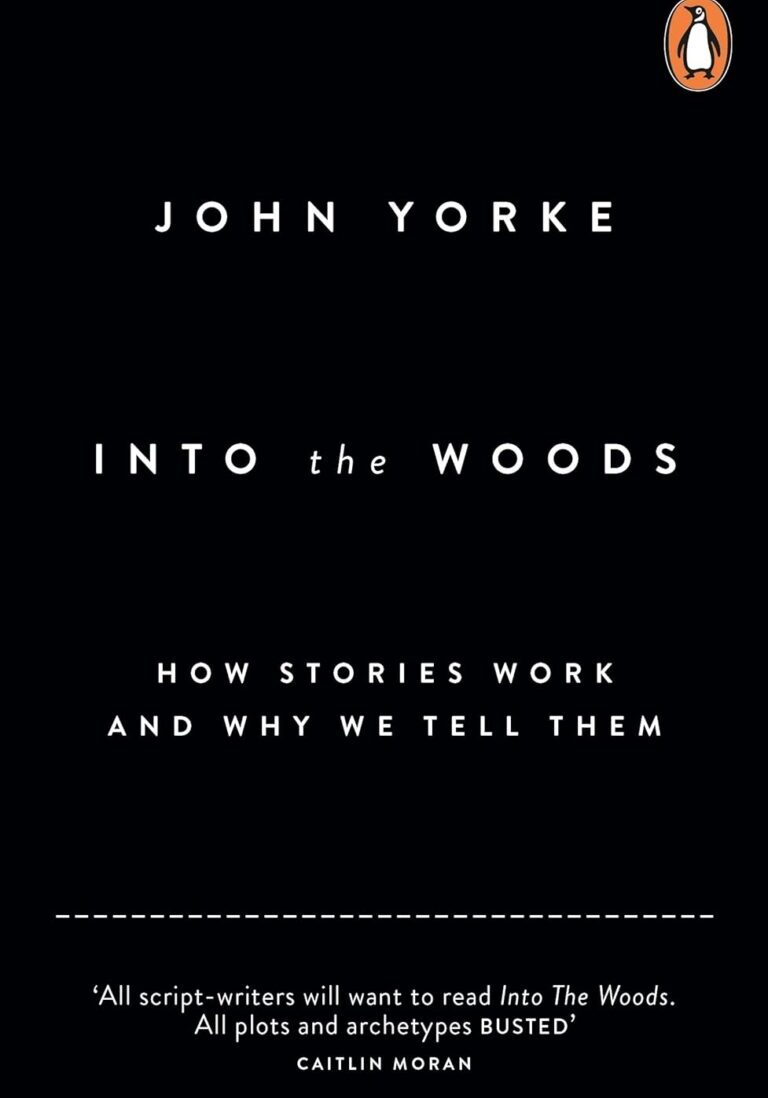
Into The Woods: How Stories Work And Why We Tell Them by John Yorke
Our Summary
A structural guide to storytelling, plotting, punch, flow step by step
What I learned From It
Although such a step by step guide seems a bit prescriptive and in theory has the potential to limit the creative flow, I found that following the principles helped prevent a story from being a shapeless mass and made it take shape and form. A bit like a block of marble being turned into Michelangelo's David (although perhaps my results have been less classically terrific). Or a diving board: a structure from which to soar.
AliG
[maxbutton id="1" url="https://amzn.to/46rL0Af" ]
[maxbutton id="2" url="https://amzn.to/3STqGVm" ]
Basic Membership Is Free.
Basic membership is sufficient for many writers.
Benefit from unlimited access to the Writing Lab for critiques using the Litopia® Method… Start your own writer’s blog on our powerful platform… And of course, maximum support from the oldest and friendliest community for writers on the ‘net.
Full Membership Is Only $149.95 For An Entire Year
Everything in Basic Membership plus unlimited access to all our writing seminars and unlimited access to our weekly live Writers’ Huddles for personal mentoring & coaching.
